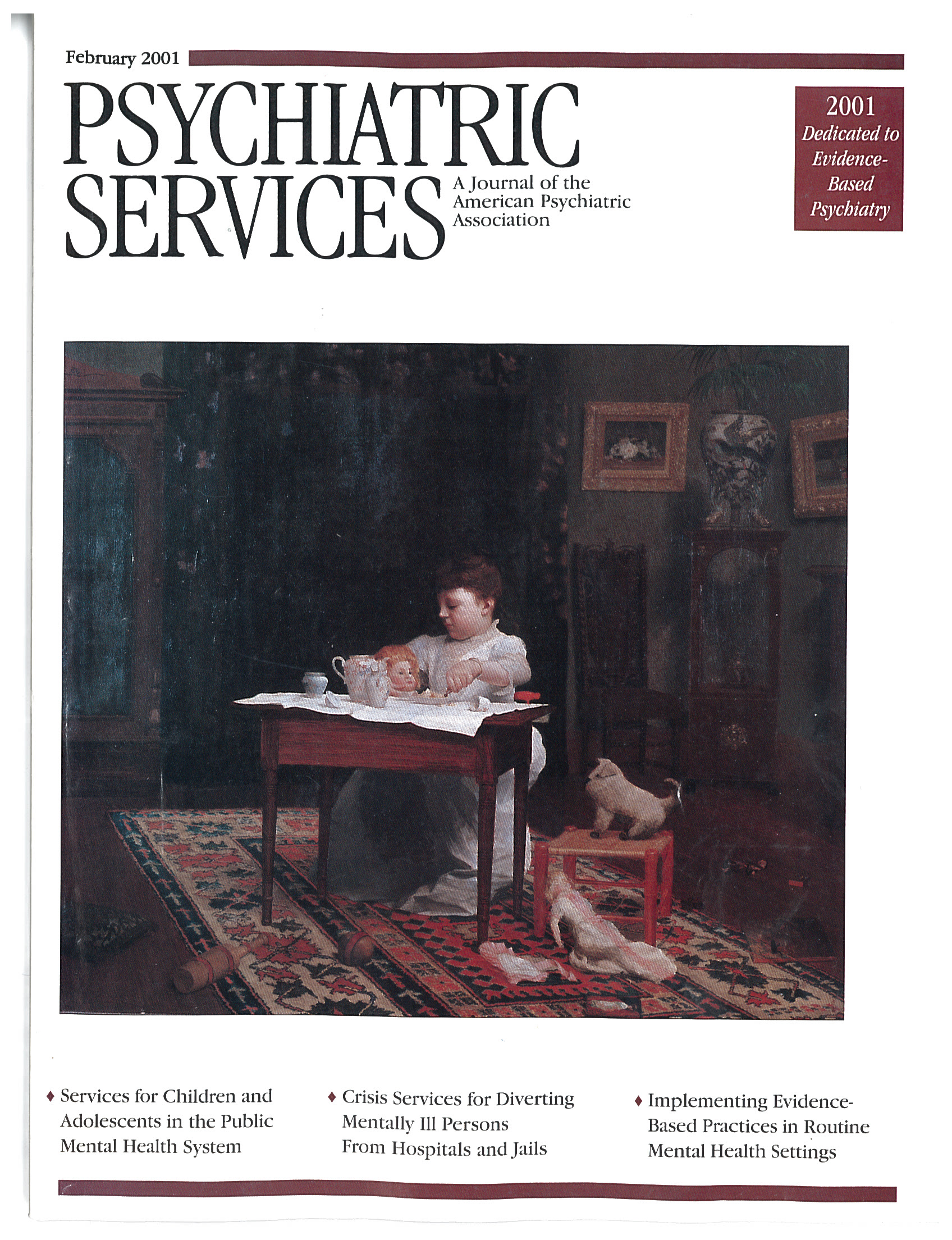The flurry of state-sponsored asylum building in the mid-19th century and its importance to the definition and treatment of insanity as a social problem can be scarcely apprehended without an understanding of the crusade and reform spirit of Dorothea Dix. David Lightner's book contributes to that understanding by providing the complete text of her memorial on the insane and her memorial on the state penitentiary at Alton—both presented to the Illinois legislature in January 1847—and eight newspaper articles detailing conditions in several of the state's poorhouses and jails.
The first chapter introduces the reader to Dix and her reform spirit and chronicles her travels around the state of Illinois. The last chapter assesses the legacy of her reform efforts in Illinois and provides analytical perspectives on social reform. The intervening chapters contain Dix's flourishing rhetoric, in which she cajoles, informs, demands, and advocates for social change.
Objectives for the book include rescuing these documents from obscurity and providing a comprehensive description and evaluation of Dix's reform work in Illinois from her arrival in May 1846 to her departure in March 1847. Lightner accomplishes these goals in superb fashion by allowing Dix's work to speak for itself, but also by providing detailed analytical notes, correcting errors with additional evidence, and furnishing the reader with extensive references.
Before she arrived in Illinois, Dorothea Dix had already been instrumental in persuading state legislatures to accept responsibility for the insane by establishing state mental hospitals, first in her native state of Massachusetts in 1843, and then in several others. Her reputation preceded her when she joined advocates working in Illinois. One sees in her arguments various appeals—at times factually based, at other times emotional and evocative—to basic humanity, to the need to protect against the dangers posed by the insane, and to the financial benefits of acting sooner rather than later.
Behind her rhetoric were prevalent 19th-century assumptions about the promise of cure through moral treatment, the supposed dangerousness of the insane, and the need for responsibility to be assumed at the state level. Her factual observations from her travels along with anecdotal evidence were delivered persuasively to a receptive audience. The audience—as was the case for society at large—was less amenable to persuasion in improving the lot of the poor in poorhouses or of convicts in the state penitentiary or in local jails. One is struck by the detailed descriptions of the abject misery endured by persons living in existing institutions, or even kept privately by families, where the fulfillment of the basic needs for food, shelter, and clothing was left wanting.
Asylum, Prison, and Poorhouse provides the reader with a deeper understanding of social reform, social reformer, and the process as it occurred—or did not occur—in the state of Illinois. Analytical linkages to theories of social change such as progressivism or social control are less well developed. This book is an important contribution to the understanding of the social definition and treatment of mental illness and the forces of social change over time.

